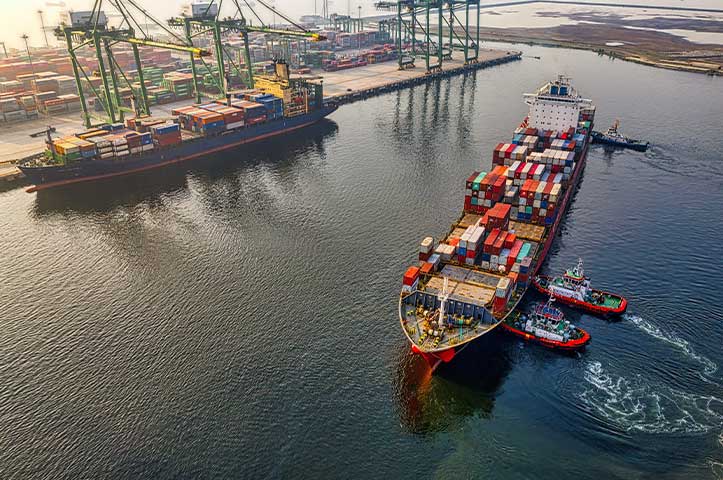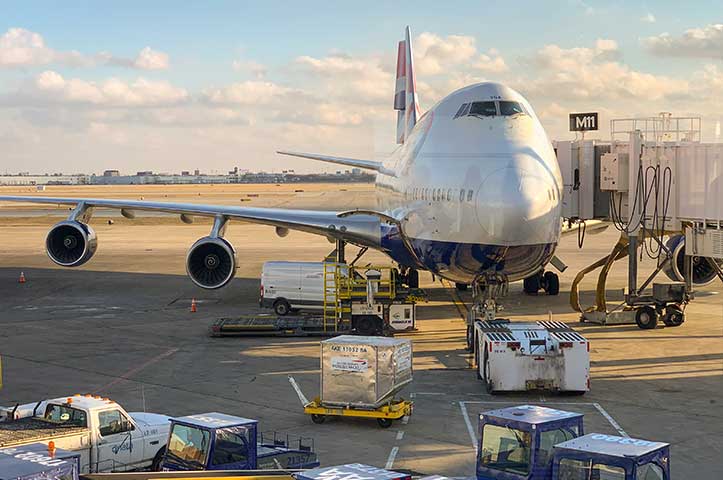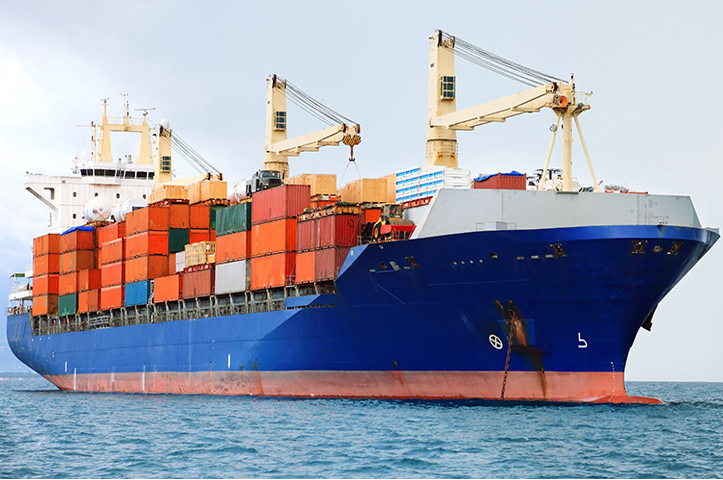
Unravelling the Pros & Cons of Different Freight Options to Africa
When it comes to international shipping, several critical decisions need to be made, and the choice of transportation mode stands paramount among them. This is particularly true when the destination is the diverse and vibrant continent of Africa. Africa’s trade landscape is as varied as its cultural heritage, and deciding whether to opt for Sea Freight to Africa or Air Freight to Africa is a crucial determinant of the success of your shipping endeavour.
While both air and sea freight have their unique sets of advantages and disadvantages, choosing the right option boils down to a comprehensive understanding of your shipping needs, and how each mode of transport aligns with those needs. This blog post aims to provide an in-depth comparative analysis of sea and air freight to Africa, considering factors such as cost, transit time, efficiency, and environmental impact, among others. We will also take you through some practical tips for successful freight forwarding to Africa, and share insights on real-life case studies of both sea and air freight to this continent. By the end, we hope to equip you with the knowledge to make informed decisions regarding your shipping needs, along with an outlook on future trends in the African freight industry.
Sea vs Air Freight to Africa: A Comparative Analysis
Shipping goods across continents is a complex process, requiring meticulous planning and a thorough understanding of logistics. When it comes to Sea Freight to Africa versus Air Freight to Africa, there are several factors that businesses need to consider. These factors include but are not limited to, the nature of the goods being shipped, the required delivery time, cost, and the environmental impact.

In essence, sea freight is typically used for transporting large volumes of goods due to its high capacity. It is a reliable option for non-perishable goods and those that aren’t time-sensitive. On the other hand, air freight is ideal for smaller, time-sensitive shipments and valuable goods due to its speed and enhanced security.
Advantages and Disadvantages of Sea Freight to Africa
Sea Freight to Africa boasts several advantages, the primary of which is its cost-effectiveness for shipping large volumes of goods. It also has a lower carbon footprint than air freight, making it a more environmentally-friendly choice. Furthermore, sea freight allows for the shipping of larger, bulkier goods that might not be feasible via air freight.
However, sea freight also has its drawbacks. The major disadvantage is the longer transit times, often spanning weeks or even months. This could impact businesses dealing with time-sensitive goods or perishable items. Additionally, there are risks of piracy and weather-related disruptions, which can lead to further delays and possible loss of goods.
Advantages and Disadvantages of Air Freight to Africa
Air Freight to Africa provides the fastest delivery times compared to any other mode of transportation, making it ideal for urgent shipments or perishable goods. It also offers a higher level of security, reducing the risk of theft or damage during transit.
Despite these advantages, air freight also has some notable drawbacks. The cost is significantly higher than sea freight, especially for larger volumes of goods. The load capacity is also much less than that of sea freight, which may require businesses to split shipments. Additionally, air freight has a higher carbon footprint, which businesses aiming for a greener supply chain might want to consider.
Cost Considerations: Sea vs Air Freight to Africa
When considering the cost, Sea Freight to Africa generally proves to be more economical for larger, heavier shipments. The cost of sea freight is calculated based on the volume of goods, making it a cost-effective choice for bulk shipments.

Conversely, the cost of Air Freight to Africa is typically calculated based on the weight of the shipment. This means that for lighter, smaller shipments, air freight may prove to be more cost-effective. However, for larger, heavier shipments, the cost of air freight can quickly escalate, making sea freight the more economical choice.
Transit Times and Efficiency: Sea vs Air Freight
In terms of transit times, air freight outperforms sea freight by a large margin. While sea freight may take weeks or even months, air freight can deliver goods within days. For businesses dealing with time-sensitive goods or requiring fast turnaround times, Air Freight to Africa is the best option.
However, it’s essential to note that while sea freight has longer transit times, it often has more predictable schedules than air freight, which can be prone to flight delays and cancellations. For goods that aren’t time-sensitive, the efficiency and predictability of Sea Freight to Africa can make it a more suitable choice.
Environmental Impact: Sea Freight vs Air Freight
From an environmental standpoint, sea freight is generally considered more sustainable than air freight. Sea Freight to Africa has a smaller carbon footprint per ton of goods transported compared to air freight. Companies that are environmentally conscious or aiming to achieve sustainability goals may, therefore, prefer sea freight.
However, both modes of transport are working towards reducing their environmental impact. Technological advancements and new regulations are driving the freight industry towards greener operations, making both sea and air freight more sustainable options for the future.
Choosing the Right Freight Option for Your African Shipment
Choosing between Sea Freight and Air Freight to Africa largely depends on your specific shipping needs. If speed and security are your main concerns, then air freight might be your best choice. On the other hand, if you’re looking for a more cost-effective and environmentally-friendly option, then sea freight could be the right choice for you.
Remember to consider factors such as the nature of your goods, shipping volume, cost, transit times, and environmental impact before making a decision. Consulting with a logistics expert can also provide tailored advice based on your specific needs.
Tips for Successful Freight Forwarding to Africa
Whether you’re opting for sea or air freight, several tips can help ensure a successful shipment to Africa. First, familiarize yourself with the customs regulations and import/export procedures of the specific African country you’re shipping to. Secondly, ensure your goods are properly packaged and labelled to prevent damage or delays. Lastly, work with a reputable freight forwarder who has experience shipping to Africa. They can provide valuable advice and help navigate any challenges that may arise.

Real-Life Case Studies: Sea and Air Freight to Africa
The choice between sea and air freight can significantly impact the success of your shipping endeavour. For instance, a business shipping perishable agricultural products to Africa might find air freight to be the more viable option due to the shorter transit times. On the other hand, a manufacturer shipping machinery parts may opt for sea freight due to its cost-effectiveness and higher load capacity.
Future Trends in African Freight Industry: Sea and Air Perspectives
Looking ahead, the African freight industry is set to experience substantial growth, propelled by increasing intra-Africa trade and globalization. Technological advancements will likely drive efficiency improvements in both Sea Freight to Africa and Air Freight to Africa. Developments in shipping technology and aircraft design may offer faster transit times, lower costs, and reduced environmental impact.
As we move forward, the decision between sea and air freight will continue to depend on the specific needs of the shipment. However, with advances in technology and evolving trade landscapes, businesses will have more flexible and efficient options for shipping to Africa.






